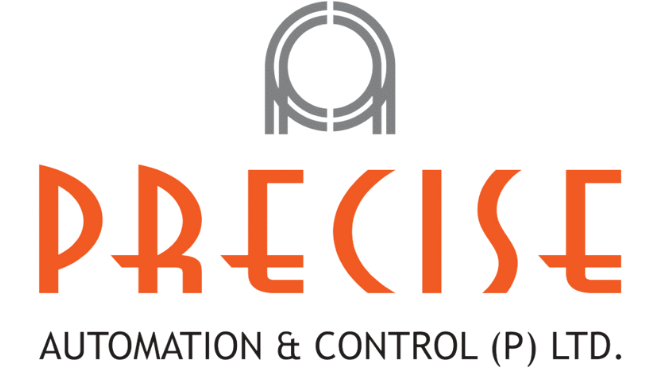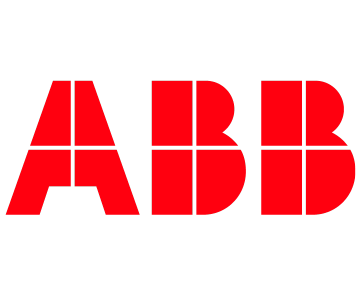Industry 4.0 | Characteristics of a Smart Factory
Characteristics of a Smart Factory:
Smart factory refers to a factory that integrates physical production processes and operations with digital technology, smart computing, artificial intelligence and big data. It offers promising effects on production and manufacturing such as improve productivity, reduce cost, reduce downtime and minimize waste. Additionally, it is labelled as the ‘factory of future’ because it carries characteristics such that it has become the main solution chosen by many companies to strive in the competitive industrial environment nowadays. What are the characteristics of smart factory?
1. Technologies and Networks:
Both traditional and smart factories use electronic devices and machines as well as information technologies (IT) but smart factory involves the integration between IoT devices with networks to communicate and allow data exchanges which allow deeper data insights. In addition, the production processes in smart factory are controlled and monitored by intelligent machines, robots, tools and intelligent workpieces which lead to automation and self-optimisation. For example embedded sensors offers sensor data analytics that helps in preventive maintenance where signal is sent by the machine about failures and followed by automatic repair signal.
2. Production:
Traditional factory focuses on mass production while smart factory emphasizes mass customisation. The products produced through smart factory are more innovative and unique with short product life cycle as it applies a more flexible production and logical system. More over, the utilisation of resources in smart factory which is more efficient enables it to give sustainable production in long term compared to traditional factory.
3. Decision Making:
With data analytics applied by smart factory, companies or manufactures gain various information based on the historical data and patterns during the production process. Additionally, based on data sales margins and personnel obtained from human resources as well as sales or warehousing allow them to make better decision in improving their production process.
4. Supply chain:
Smart factory enhance efficient and transparent supply chain. It involves the sharing of production data with the suppliers. This allows companies or factories to better predicts or have better delivery or shipping time.
Digital transformation has been realised its potential as a solution to many industries and businesses. Therefore, it is only a matter of time, smart factory will become the ‘factory of future’ as it is once believed.
PRECISE AUTOMATION AND CONTROL PVT LTD BOASTS A WIDE ARRAY OF INDUSTRIAL AUTOMATION SOLUTIONS WITH ASSOCIATION INDUSTRIAL AUTOMATION MARKET LEADER ABB SINCE 1999.
FOR MORE PROJECTS…
https://www.preciseautomation.in/project-work/
FOR QUOTATION…
https://www.preciseautomation.in/get-a-quote/
FOR CONTACT…
https://www.preciseautomation.in/contact/
STAY TUNED FOR OUR NEXT BLOG | INDUSTRY 4.0


Leave a Reply